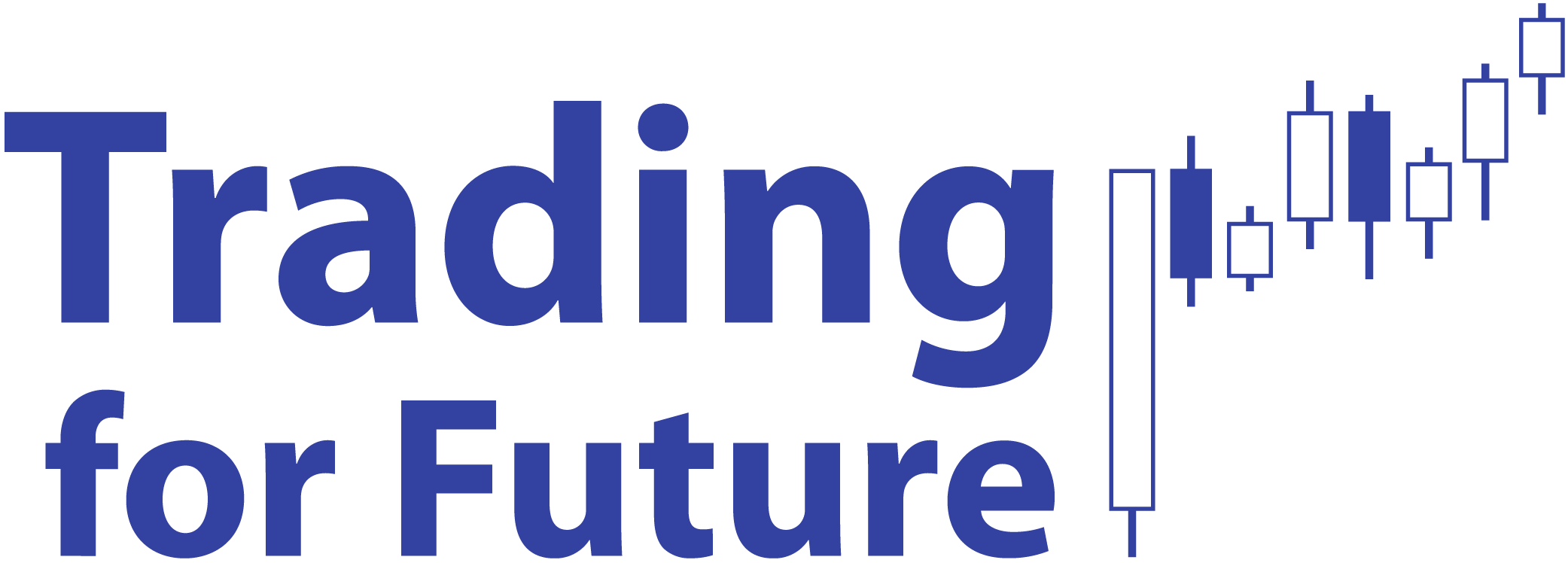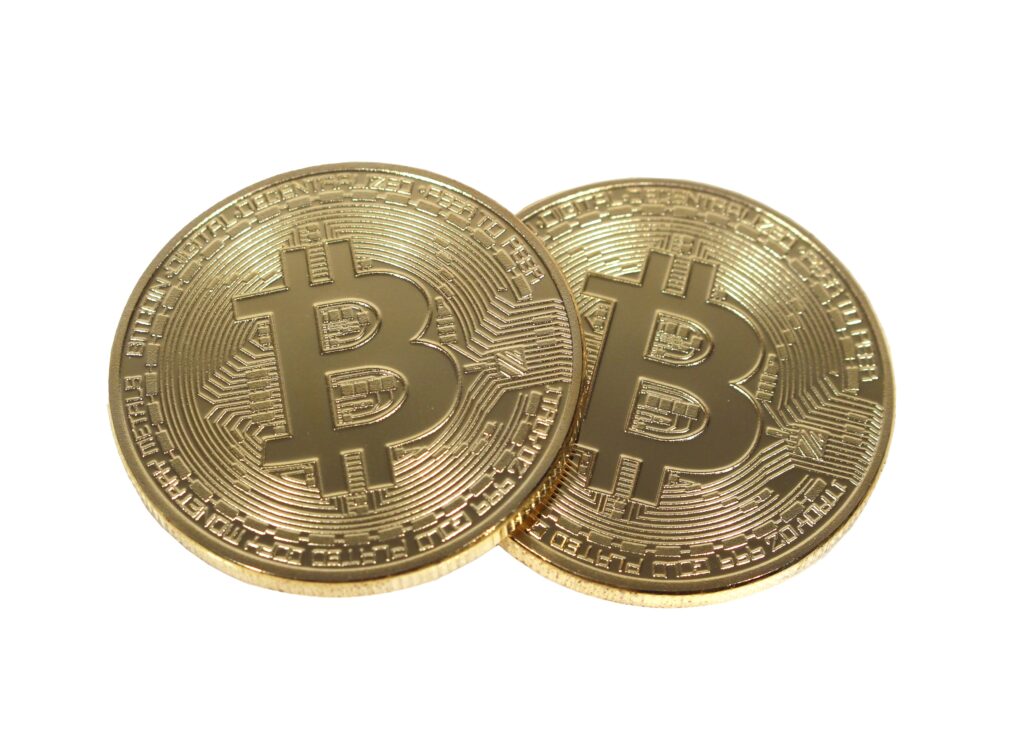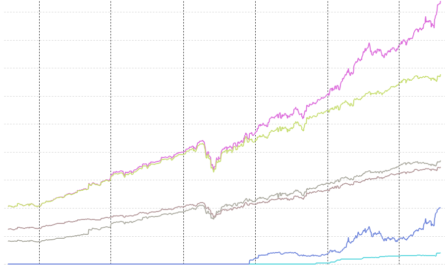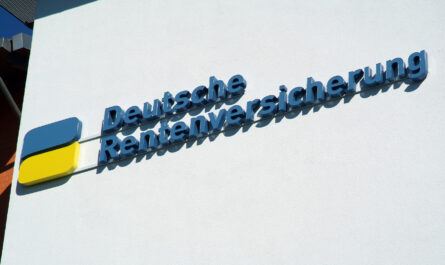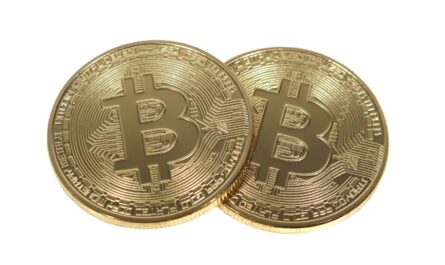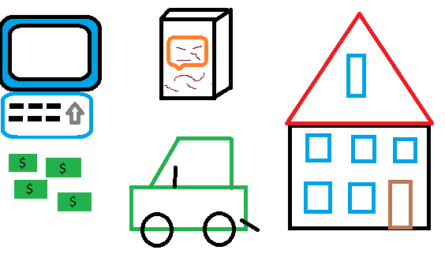In the media, bitcoin is often referred to only as digital money, whose enormous price increase in recent years is repeatedly compared to the dotcom bubble or the tulip mania. In addition, there is the constant criticism of the huge waste of energy or the argument that the cryptocurrency has no intrinsic value. Certainly, one can argue about some of the negatives, but in the overall view, the advantages outweigh the negatives for many. Understanding bitcoin* is not easy and it does not happen overnight. But an intensive consideration of the topic opens up many new perspectives!
For some, the Bitcoin is the first cryptocurrency ever. However, the first digital currencies were already conceived around 30 years ago, but they had to deal with some teething problems with regard to security and their usability. It was Satoshi Nakamoto’s concept that enabled the breakthrough and laid the foundation for a secure and limited digital asset. Bitcoin can solve some of the problems of our currently existing monetary system.
Easy access
What we take for granted is not true for all regions of the world. About 38% of adults still do not have access to the banking and financial system, which makes everyday life much more difficult. They cannot simply exchange money for goods and services, but must do so with their own goods and services. So they have to find someone who has their barter goods and at the same time demand what one has oneself. There is no one medium of exchange that is valid for everyone.
The Bitcoin network works independently of any opening hours worldwide and is freely accessible to all. You don’t have to ask anyone for permission.
Simple payment system
First and foremost, the Bitcoin network is a payment system that promises an easy and, above all, secure money transfer. With just a few clicks, one can make a money transaction quickly and cheaply. Middlemen like banks or states can neither refuse such transactions nor charge additional fees. The latter are the same for everyone within the network, a rejection of a transaction never occurs.
No manipulation, high transparency
Today’s monetary systems, such as the euro or the U.S. dollar as the reserve currency, are constantly controlled, manipulated and can even be censored by very powerful institutions. While central banks constantly change the money supply and thus influence everyone’s purchasing power, banks and states can simply lock out disagreeable users of their systems or ban individual transactions. Iran, for example, was excluded from the SWIFT system and thus cannot trade any U.S. dollars in international trade. Individual transfers abroad or in larger volumes are rejected and questioned by banks every now and then.
In the Bitcoin network, there are no such problems. No user can be excluded, the number of coins is unchangeable with a maximum of just under 21,000,000 BTC and firmly deposited in the system. The blockchain ensures high transparency, as every transaction is permanently recorded for posterity and at the same time cannot be changed or manipulated (at least not without an attack).
Bitcoin cannot be banned by governments. That would be comparable to wanting to ban the entire Internet. While access can be restricted locally, it is extremely unlikely that this will happen globally. Where countries see Bitcoin as a threat, others see it as an opportunity, as is currently happening in China or El Salvador.
Secure store of value
Bitcoin can not only be used as a medium of exchange and thus as money, but also serves as a store of value, which puts it in competition with rare commodities such as gold or silver. A good store of value is durable, easily exchangeable, divisible, rare, and resistant to censorship. All of this is true of bitcoin.
It is neither perishable nor can it be easily destroyed. It is divisible as often as desired and can therefore be exchanged even in very small quantities. Its maximum number is fixed at around 21 million copies, which cannot be changed. It is counterfeit-proof and cannot simply be duplicated and multiplied.
Third parties such as states or companies cannot simply appoint themselves as the new owner thanks to the blockchain and thus expropriate others or censor the system. It will always be possible to trade Bitcoin freely. In addition, there is no inflation to the classic fiat system due to the fixed number of coins. The value increases rather than decreases in the long run.
Bitcoin has (no) intrinsic value
It is a false assumption that Bitcoin has no intrinsic value from the investor’s point of view, in contrast to shares, where entire companies with their plants and machines stand behind it. Value is always created by people who ascribe a certain value to an object, a service or a virtual good. Value is always individual.
While some people demonize digital goods, for others they are of great benefit and therefore of great value. The best example here is digital art based on NFT. While some see in it only simple PNG images and would never spend several hundred euros for it, others pay many ETH for crazy monkey pictures with a total value of several hundred thousand US dollars. They want to be part of an exclusive community.
Just because it has no value to you, doesn’t mean that has to be true for others and especially the majority at the same time!
High power consumption creates security
Yes, a lot of energy is required to run the Bitcoin network. But for bitcoin, this means more security for the system, which is now deployed worldwide and used by several million people. In order to manipulate the blockchain, one theoretically needs the power over the majority of the miners and thus at least 51% of the available computing power. This not only costs a lot of energy, but above all money in the form of hardware and electricity costs. Even financially strong states can’t afford this expense (anymore). The higher the power consumption of the network, the more difficult it becomes for individuals to attack the network.
On the other hand, Bitcoin makes banks and even central banks superfluous, which with their payment systems such as SWIFT or the infrastructure of Visa and Mastercard also require a high power input for their use. Bitcoin would be able to save all these systems if widely accepted. And think of gold, whose mining and transactions also require no small amount of energy!
By the way, unlike the banking system, there are figures on the power mix of the Bitcoin network. According to the “3rd Global Cryptoasset Benchmarking Study” by the Cambridge Centre for Alternative Finance at the University of Cambridge, 76% of active miners use renewable energy, primarily hydroelectric but also wind and solar power.
However, since many miners rely on a variety of sources for their power mix, including coal and natural gas, the overall picture is not quite as rosy: It is estimated that about 39% of BTC’s total electricity needs are truly green. However, current ambitions show that a change in thinking is taking place – especially in El Salvador, where there is an increased focus on geothermal energy.
A risk is nevertheless present
An error in the protocol or the surprising new development of a quantum computer that would speed up the elaborate computing tasks for logging the network could severely damage faith in Bitcoin. Neither has been confirmed in recent years, but technically it cannot be ruled out. Even if exchanges, which are already highly centralized and thus vulnerable to regulation and closure by states and corporations, were to increasingly disappear, this would likely affect the Bitcoin network by making it more difficult to buy and sell Bitcoins.
However, the freedom of the system has a serious drawback: if the keys to one’s wallet are missing or transactions are made by mistake, no one can help one get the coins back. One cannot simply call the bank and ask them to reverse the transaction or request new credentials. Everyone is responsible for their own wallet and coins. You are your own bank.
- Ammous, Saifedean (Author)
Letzte Aktualisierung am 2024-07-20 at 17:01 / Affiliate Links / Bilder von der Amazon Product Advertising API
